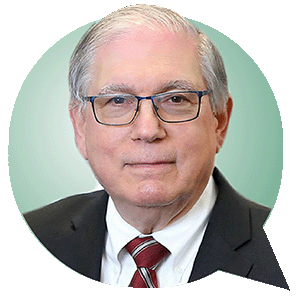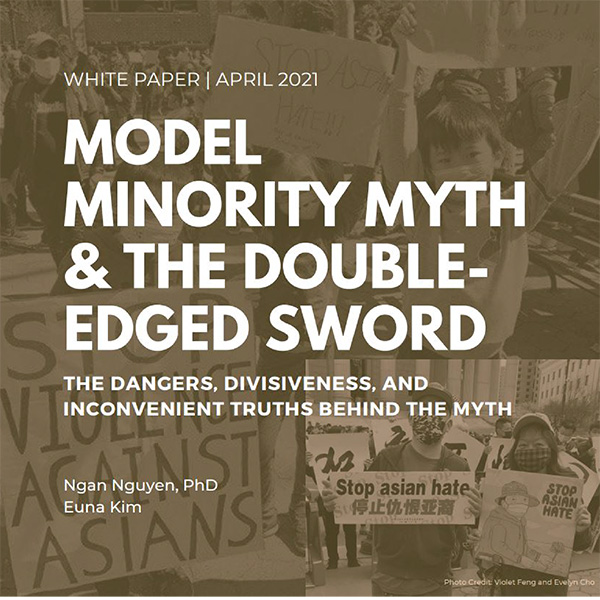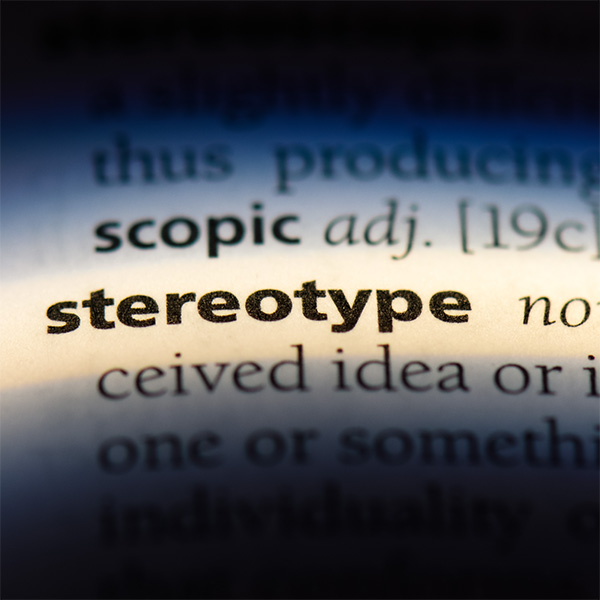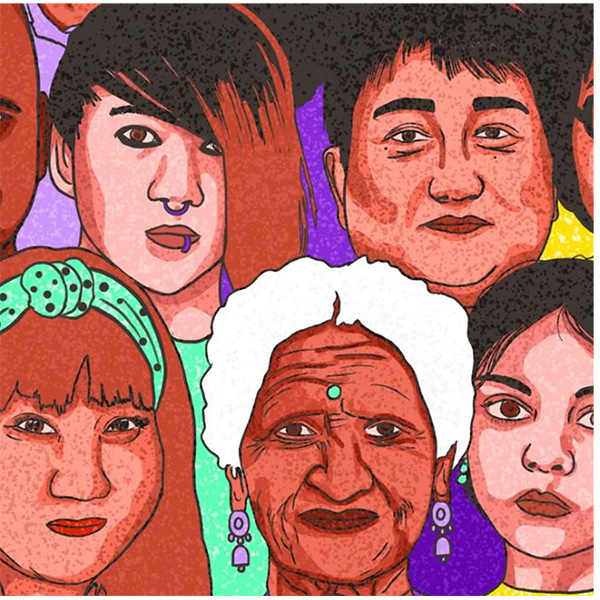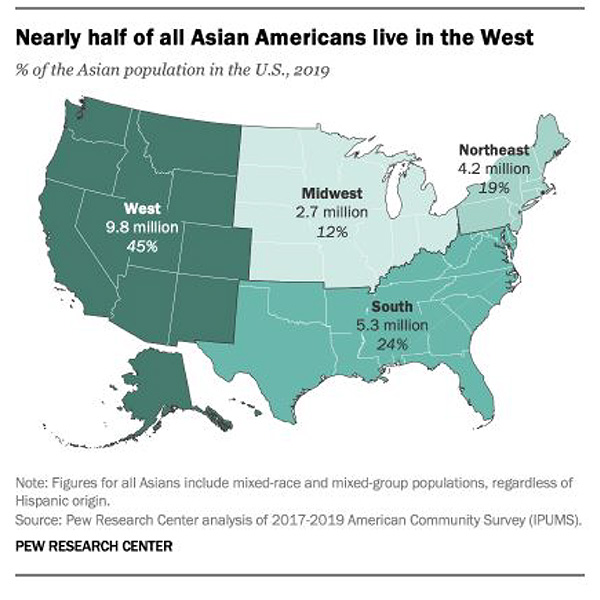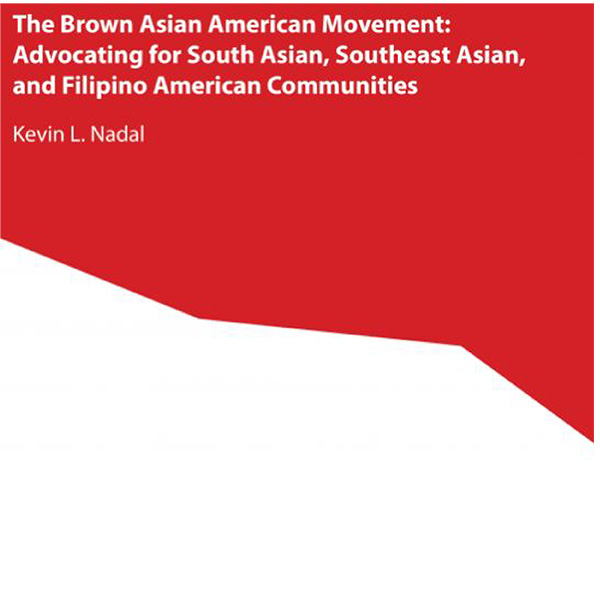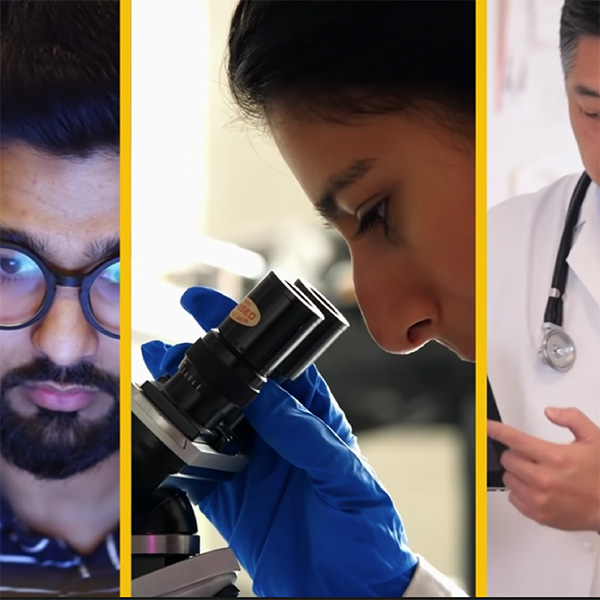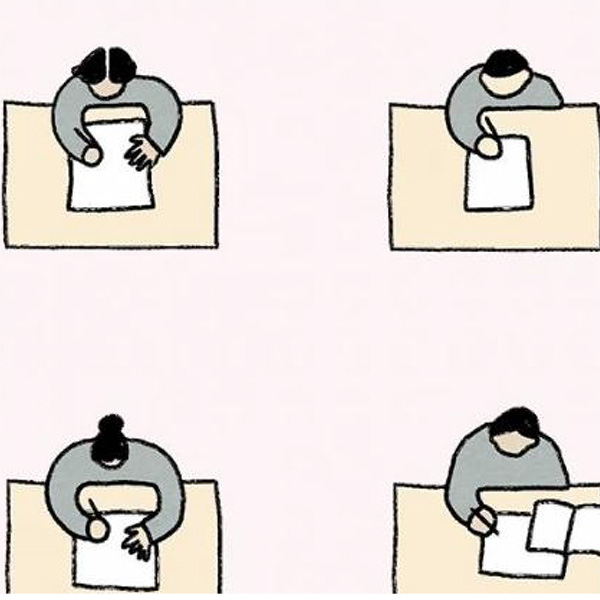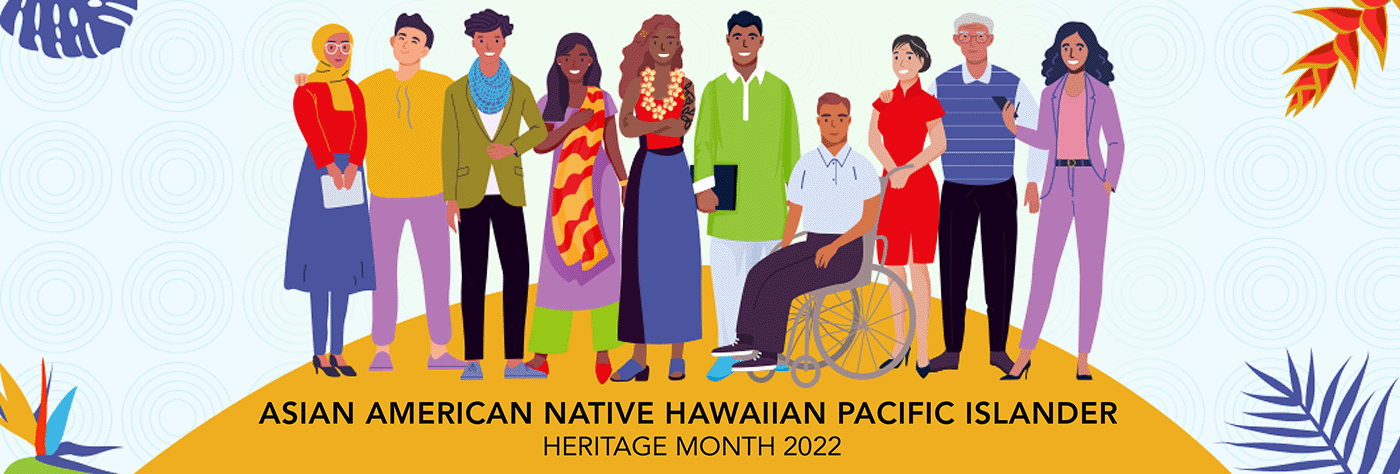
We Are Not a Monolith
monolith
noun [c]
\ ' mä - nǝ -̩ lith \ A group of people who are thought of as being all the same.
Every May during Asian American, Native Hawaiian, and Pacific Islander (AA and NHPI) Heritage Month and throughout the year, we celebrate and focus on diversity, inclusion, and leadership to advance the AA and NHPI community. This year, our attention turns to better understanding the diversity of this portfolio. When we categorize AA and NHPIs as a single group, it masks the diversity of languages, cultures, and customs of the many countries and regions that are represented. In fact, this monolithic view of AA and NHPIs also makes it difficult to understand the disparities within the AA and NHPI communities from education level to socioeconomic status.
As President Joseph R. Biden, Jr., proclaimed in the Executive Order on Advancing Equity, Justice, and Opportunity for AANHPIs, “Asian American, Native Hawaiian, and Pacific Islander communities together constitute the fastest-growing ethnic group in the United States and make rich contributions to our society, our economy, and our culture. Yet for far too long, systemic barriers to equity, justice, and opportunity put the American dream out of reach of many AA and NHPI communities.”1
Facing Discrimination: Voices from the AA and NHPI Community
We asked individuals from the community to share how stereotypes and biases about the AA and NHPI community played out in their own lives and upbringing. This video features voice actors from the NIH community who have read anonymous submissions aloud followed by words of hope and information about how to be a better ally.
Deeper Dive Into the Research
The U.S. AA and NHPI population is diverse – with 22.9 million Asians alone or in combination living in the United States as of 2019.2 The U.S. Census Bureau defines AA and NHPIs as persons whose roots can be traced to the original peoples of the Far East, Southeast Asia, the Indian subcontinent, Hawaii, Guam, Samoa, or other Pacific Islands. This highly diverse group encompasses different cultures, languages, religions, backgrounds, histories, and other characteristics. Below is a collection of references to help better understand the diversity and complexity of barriers and challenges faced by the AA and NHPI community.
The following research papers, articles, TED Talks, and videos are resources to help shed light on some of the factors that have contributed to the discrimination and challenges faced by AA and NHPIs. We hope you’ll find them useful in your journey to understanding the AA and NHPI diaspora.
“The Model Minority label assigned to Asian Americans seems innocuous, even flattering, on the surface, but in reality, it spins a myth that has boxed Asian Americans in stereotypes…”
“Most North Americans are familiar with the stereotype of Asians’ ‘natural’ STEM abilities…This research study focuses on both groups of students’ responses to being stereotyped, which demonstrate eerie and toxic connections.”
“While Asian American was a term established by activists in the 1960s as a means to build political power, it’s also been criticized for obscuring the immense diversity among those it purports to cover…”
“Much like economic trends within the U.S. Asian population, there are wide disparities among origin groups….”
“In recent years, Brown Asian Americans have been much more vocal about the continued invisibility of their communities within the larger Asian American community…”
“… Asian American white-collar professionals are the least likely group to be promoted from individual contributor roles into management — less likely than any other race, including blacks and Hispanics…”
“Chinese are not the same as Japanese, are not the same as Koreans, Filipinos, or Thai, or Indians...”
“The Asian American Pacific Islander population is extremely diverse, culturally and economically.”
“If you are Asian in America, you probably grew up with the idea that you had to keep your head down, get perfect grades, and work hard to achieve wealth and success. Many of these ideas are because of the model minority myth…”
“In 2007, researchers surveyed 180 teachers to understand if they held stereotypes about their students. The most commonly held opinion was that Asian students were significantly more industrious, intelligent, and gentle...”
Tell us what you were surprised to learn this AA and NHPI Heritage Month!
Join the conversation on our social media channels this month. Share what posts resonate the most with you or any additional content you’d like to see.
Feel free to drop us a DM, too!
White House Briefing Room
AA and NHPI 2022 Events
Speaking up to break away from racial & ethnic stereotypes Utkarsh Ambudkar, South Asian actor, talks diversity & inclusion in Hollywood and beyond
May 3, 2022 | 12:00-1:00PM ET | https://nih.zoomgov.com
If you missed the discussion with Utkarsh Ambudkar and NIH's own, Indu Ambudkar don't worry, we've got you covered! Find the recording here, on our YouTube channel: https://youtu.be/bjjTlsiaHz0
EDI, the Federation of AANHPI Network (FAN), and the Office of Intramural Training and Education (OITE) will host a talk with Utkarsh about growing up in a family focused on STEM, finding his passion, and how he speaks out in Hollywood on issues faced by AANHPIs (such as representation), and we’ll draw parallels across industries on challenges/barriers facing our community. Utkarsh will also discuss with us how AANHPIs need to continue to speak up and make our voices heard. Indu Ambudkar, PhD, representing FAN, will also join the conversation to talk briefly about her experiences moving from India to the U.S. and how this impacted her perspectives and views related to her career, family, and more.
Inaugural Annual NIH Asian American and Native Hawaiian/Pacific Islander Health Research Conference
May 4-5, 2022 | 9:00-5:30PM ET on May 4; 11:00AM-4:30PM EST on May 5
https://events.cancer.gov
The NIH Asian American, Native Hawaiian, and Pacific Islander Health Scientific Interest Group (NIH AANHPI-HSIG) will host the Inaugural Annual NIH AA and NHPI Health Research Conference on May 4-5, 2022. It will be virtual in 2022. The main theme of the conference is “Mechanisms and Translational Research to Improve Health and Therapeutic Outcomes for AA and NHPI Population.” This conference will bring together the world’s leading scientific and regulatory experts in the field of AA and NHPI research from government, academia, and the community.
A Virtual Conversation with Surgeon General Vivek H. Murthy and Boston Mayor Michelle Wu: Addressing systemic racism, mental health stigma, and community resilience to achieve health equity
May 11, 2022 | 1:00-2:00PM ET | https://videocast.nih.gov
The NIH Chapter of the Federal Asian Pacific American Council (FAPAC) and the National Institute on Minority Health and Health Disparities (NIMHD) are pleased to announce a virtual public health leadership discussion. At this event, Dr. Murthy will recognize Michelle Wu, current Mayor of Boston, for her leadership efforts to address the public health challenges in Boston and dismantling the barriers that uphold systemic racism in her communities.
Kuan-Teh Jeang Memorial Lecture: Artificial Intelligence, Ophthalmology…and Being an Asian-American Clinician-Scientist
May 26, 2022 | 1:00-2:30PM ET | https://videocast.nih.gov
This year's speaker is Dr. Michael F. Chiang, director of the National Eye Institute, at the National Institutes of Health in Bethesda, Maryland. Dr. K.T. Jeang advocated for the advancement of Asian-American scientists. This talk will celebrate Dr. Jeang’s legacy by describing the speaker’s experiences in developing a career at the intersection of engineering, ophthalmology, and biomedical informatics – and will describe examples of how the speaker’s career has been shaped by his perspective as an Asian-American. The program is co-sponsored by the NIH Office of Intramural Research and the NIH Office of Equity, Diversity, and Inclusion.


